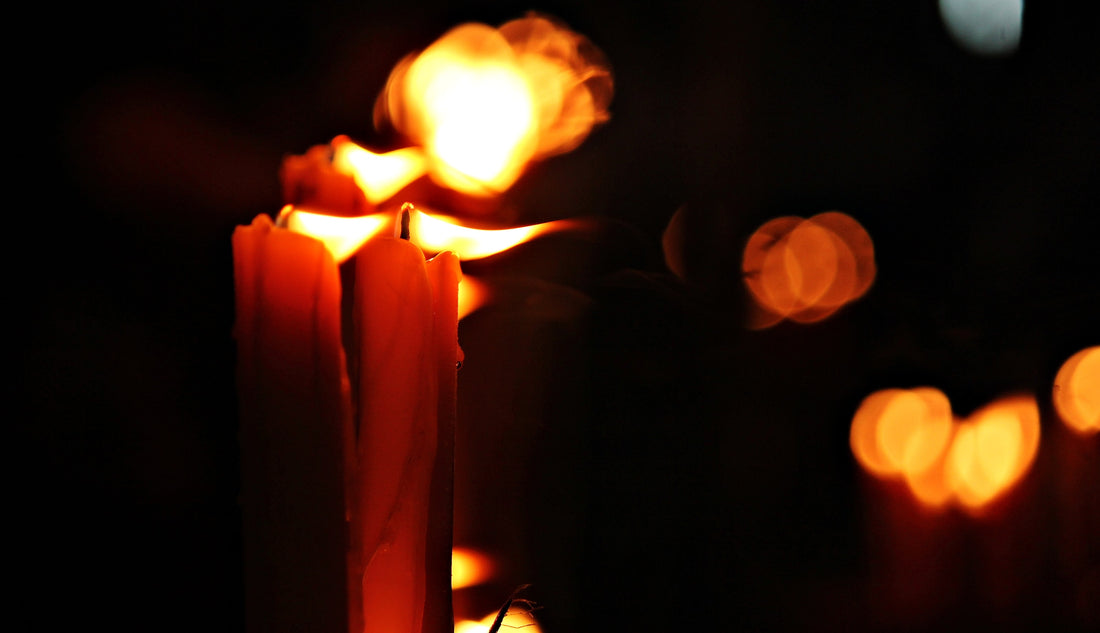What is Makha Bucha Day?
Makha Bucha Day is a Buddhist holiday that commemorates a sermon given by The Buddha and the 1,200 disciples who attended to hear his teachings. It is said that each of these attendees were enlightened (arhat) monks who were not summoned to attend, but rather they spontaneously appeared. During the sermon, Buddha taught the Ovādapātimokkha, which is essentially a summary of the Buddhist belief and the spiritual and moral duties of the monks in his Sangha (community of followers). This event took place 9 months after Gautama Buddha attained his own enlightenment.
This sacred event goes by multiple names, including: Māgha Pūjā, Sangha Day, Fourfold Assembly Day, and Buddhist All Saints Day. Like most Buddhist holidays, Makha Bucha is based on the lunar calendar and takes place each year on the full moon day of the third lunar month (Magha).
Makha Bucha Day is widely considered to be the second most important Buddhist holiday after Vesak, also known as Buddha Day. It is primarily celebrated by South East Asian Theravada Buddhist countries, such as Thailand, Laos, Cambodia, and Myanmar. When translated to English from Pāli, “Bucha” means to honor and “Magha” is the name of the third month in the lunar calendar.

(Pictured: Theravada monks and followers attend a prayer session.)
How is Makha Bucha Day Celebrated?
Since Makha Bucha is a religious holiday, it is not celebrated the same way that we think of when we hear the word “festival” in the West. Instead, like most Buddhist festivals, Makha Bucha Day is centered around honoring and practicing the tenets of Buddhism. The holiday is considered a time for reflection, contemplation, and embracing community.
Many practitioners, including lay, monastic, and less devout followers, take this day to perform merit-making activities. Non-monastic followers will often bring offerings to temples, give alms (Pali: dāna), and attend meditations and sermons at temples. They will also avoid consuming alcohol, meat, and engaging in behaviors that are generally considered unholy in the Buddhist faith.
In Thailand, Makha Bucha Day is one of a handful of days per year where the sale of alcohol is prohibited nationwide in recognition of holy occasions. Liquor stores, bars, and clubs are typically required to shut down for 24 hours per order of the Thai government on these “alcohol-free days”.

(Pictured: Buddhist monks receiving alms.)
Buddhist monks recognize Makha Bucha day by giving sermons, accepting alms from temple visitors, practicing deep meditation and reflection, and performing traditional ceremonies.
Throughout Thailand, monks will host candle-lit processions known as a circumambulation (Thai: Wian-Tian) at their temples. This type of ritual can be found throughout Buddhism and other major religions; it consists of walking in a circle around a religious structure or other significant structure, such as a statue. Attendees typically circle the temple three times in a clockwise direction while holding lit candles or other offerings and reciting Buddhist mantras. Each of the three laps is symbolic of the Three Jewels of Buddhism (Triratna): the Buddha, the Dharma, and the Sangha. Circumambulation ceremonies are intended to not only show respect, but also purify negative karma and embrace wisdom.

